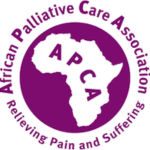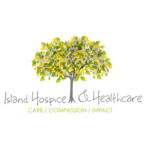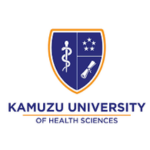Palliative Care
Palliative care relieves the pain, symptoms and psychosocial and spiritual problems experienced by patients and families facing life-limiting illness. Every year, more that 20 million patients need end of life care, with an additional 20 million who could benefit from early intervention palliative care. 80% of those in need live in low- or middle-income countries. Palliative care is an essential part of the healthcare system, but access is inadequate worldwide. It is estimated that globally only 14% of patients who need palliative care receive it. the World Health Assembly passed its first resolution on palliative care, acknowledging the evidence that palliative care improves outcomes and saves costs.
King’s Cicely Saunders Institute of Palliative Care, Policy & Rehabilitation brings together academics, healthcare professionals, community organisations, patients and carers, and is the hub for a network of international research. It offers high quality palliative care, and provides education, patient information and support.
In the field of HIV rehabilitation, clinical and academic collaboration is developing and testing new ways to optimise quality of life. The Institute's world leading global health research programme combines expertise in outcome measurement, cancer and non-cancer care (particularly HIV and heart failure), and the development and rigorous evaluation of new interventions, all with a focus on spiritual care, culture and ethnicity. The Palliative Outcome Scale (POS) has enabled clinicians and researchers to access free outcome measures, support tools and learning resources, with almost 6,000 registered users in over 100 countries. The Institute's partnerships span sub-Saharan Africa, Asia, Europe, North America and Australasia. The aim is to address local need for appropriate and effective palliative care, building local capacity and developing the highest quality evidence.
Some of the partners we work with
-

African Palliative Care Association
-

-

-

-
